.
Moody’s Foundation:
Air Quality Data in Action: Operation Healthy Air in Western Europe
.
The Problem
Air pollution is widely considered one of the most pervasive and detrimental hazards for both environmental and public health—resulting in a more than two-year decrease in the average global life expectancy, according to the University of Chicago’s Air Quality Life Index. Regular exposure to polluted air can lead to respiratory ailments, high blood pressure, hormonal, reproductive, and neural complications, and even death. As a result of human activities, the air in urban environments in particular contains a vast range of chemical compounds and particulate matter with harmful effects on human health. And while laws and regulations pertaining to air quality exist at every level of government—the majority of communities around the world still regularly breathe unhealthy air.
Gaps in air quality data and knowledge pose significant challenges for scientists and regulatory agencies. In particular, the high costs associated with monitoring air quality (typically monitored by government agencies using instruments costing tens of thousands of US dollars) results in coarse, high-level information, often aggregated for a large geographic area. Additionally, limited institutional capacity means that governments are only able to regulate a small number of “criteria pollutants” and particulates, leaving thousands of chemical compounds in our air unmonitored. To confront these challenges and increase access to clean air—researchers require hyperlocal air quality data—providing decision-makers and community members with the tools to drive science-based policy change.
The Solution
In alignment with Earthwatch’s mission to “connect people with scientists worldwide”, the Operation Healthy Air program serves as the nexus between researchers, policymakers, and citizen scientists across the globe—providing the educational and scientific tools needed to improve the quality of our air. With the generous support of Moody’s Foundation, in 2021, Operation Healthy Air launched a new initiative to monitor air pollution in four urban centers in Western Europe.
With the recognition that improving global air quality first requires community members and decision-makers to understand what is in their air—Earthwatch and the Yale School of Public Health first delivered an introductory webinar to Moody’s employees. This program, Understanding Your Air Quality, covered how air quality is measured, the sources of air pollution, the impacts of pollution on human health, and environmental justice—the ways in which ones’ socioeconomic status correlate to disproportionate levels of environmental harm.
In addition to providing air quality education and raising awareness—Operation Healthy Air seeks to fill gaps in information by using low-cost air quality sensors to collect data on a hyperlocal-level. To ensure the collection of high-quality data—Earthwatch partnered with local subject-matter experts at four universities in Western Europe: Imperial College London, University of Antwerp, Institut Pierre Simon Laplace (Paris), and Universidad Politécnica de Madrid. These partner research institutions contributed local insights to the research design and data analysis, as well as hands-on support in the deployment of monitoring devices.
Once this network was established, Earthwatch succeeded in deploying 136 Fresh Air Clips across each of the four cities. These passive sampling devices, engineered by Operation Healthy Air Principal Investigator, Dr. Krystal Pollitt, are low-cost air samplers that can collect thousands of chemical compounds present in the air. After a two-week deployment in December 2021, the sensors were returned to the Yale School of Public Health. Using high resolution mass spectrometry, Dr. Pollitt and her team were able to identify pollution sources through the chemical signatures found on each sampler. This generated valuable data to better understand local- and individual-level exposures. Dr. Pollitt and her team were then able to assess how air pollution varies between neighborhoods and communities within a city, while drawing comparisons between different cities included in the study.
Read below for additional details of Operation Healthy Air’s research and data collection efforts in London, Madrid, Brussels, and Paris, as a result of the support of Moody’s Foundation:
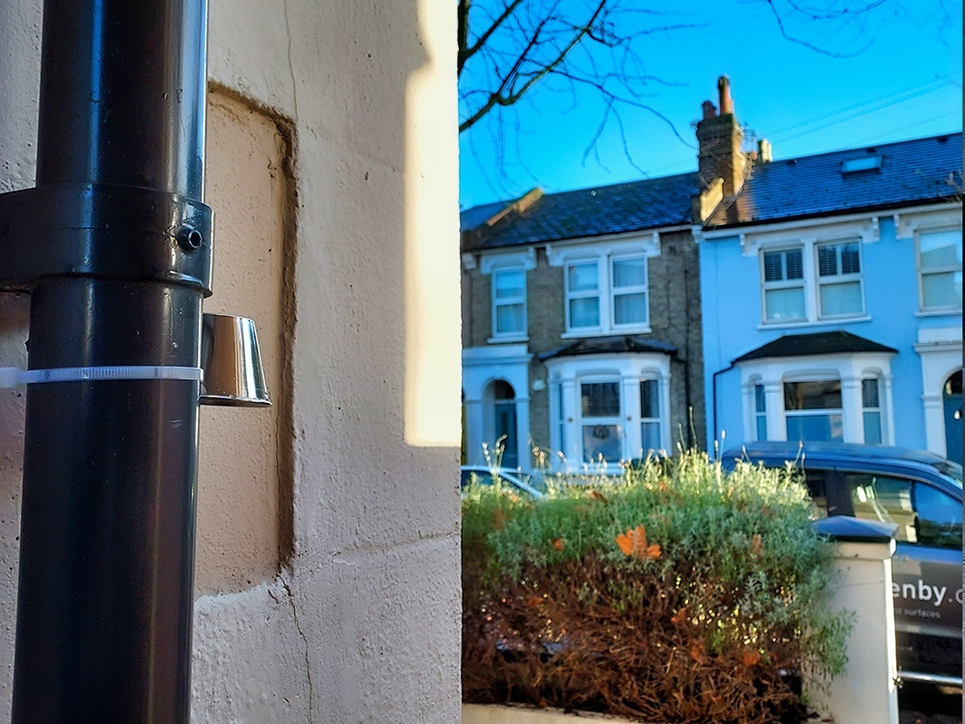
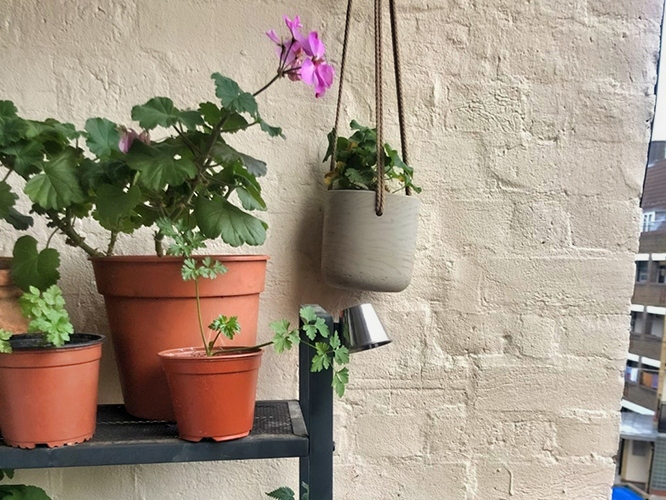
London
With the support of Dr. Ben Barratt, MRC Centre for Environment and Health, at Imperial College London, as well as 25 students and team members—38 FreshAir Clips were installed in schools, private homes, and parks across the city of London.
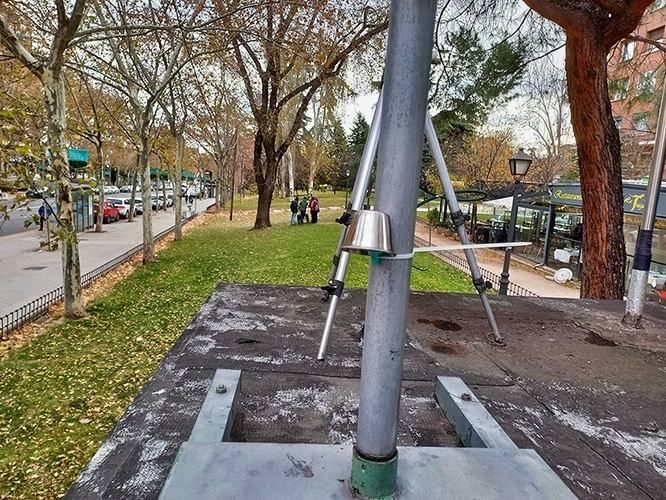
Madrid
Dr. Rafael Borge, Professor at the Chemical and Environmental Engineering Department at Universidad Politécnica de Madrid, alongside 8 additional students, researchers, and permanent university staff, deployed 31 sensors in Madrid.
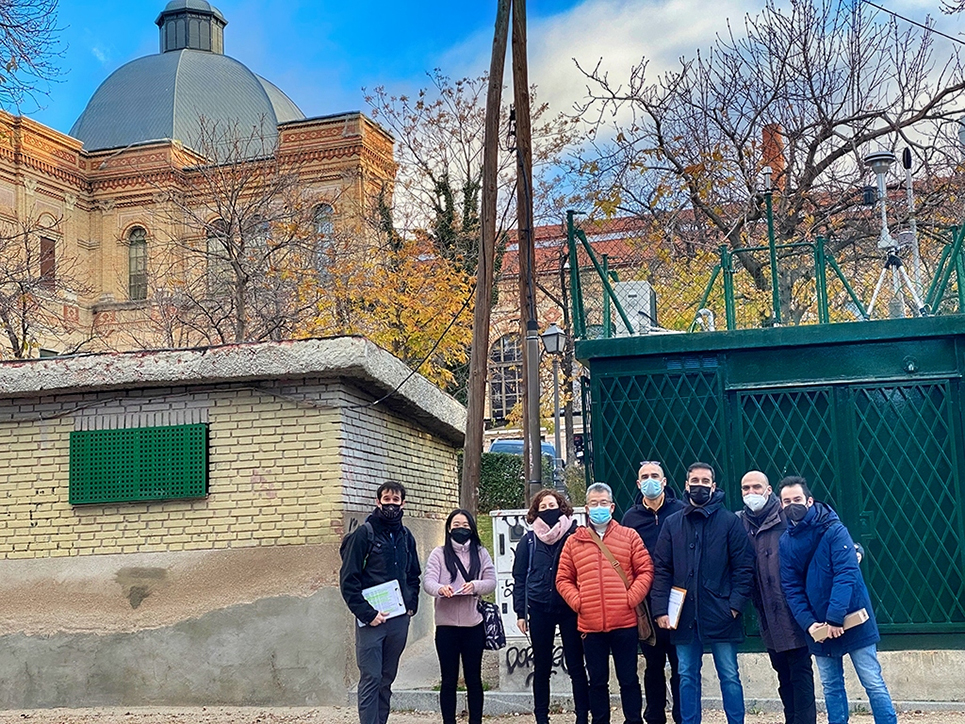
Brussels
In partnership with the University of Antwerp, Brussels—30 sensors were installed in homes, parks, university campuses, and telemetric monitoring stations.
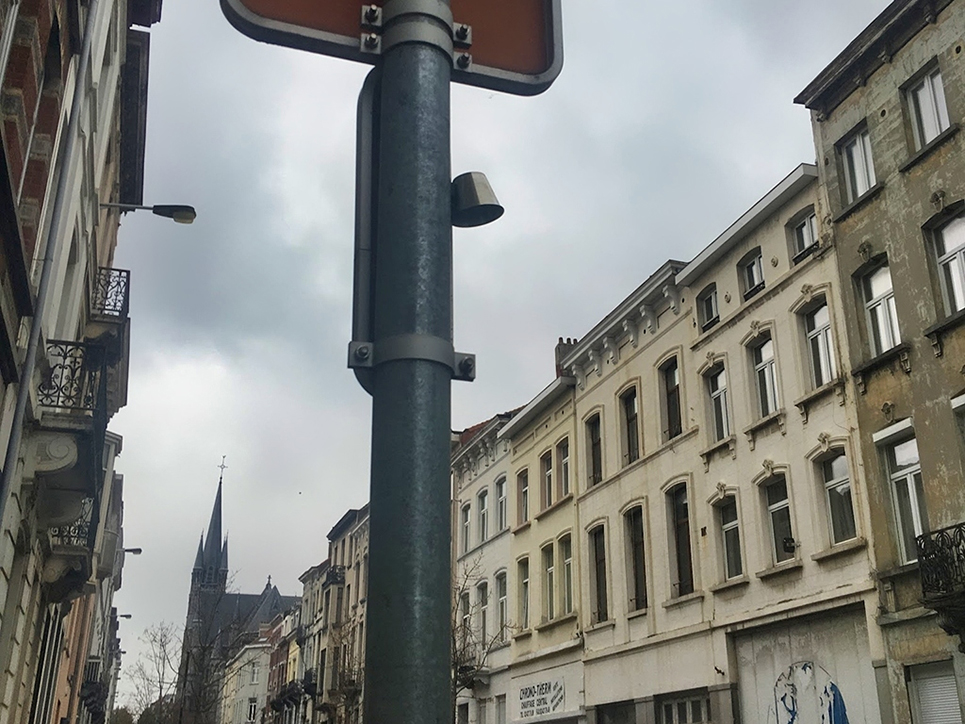


Paris
With Institut Pierre Simon Laplace (IPSL), an environmental research institution in France—Operation Healthy Air measured chemical exposures at 37 urban and suburban monitoring sites across metropolitan Paris.
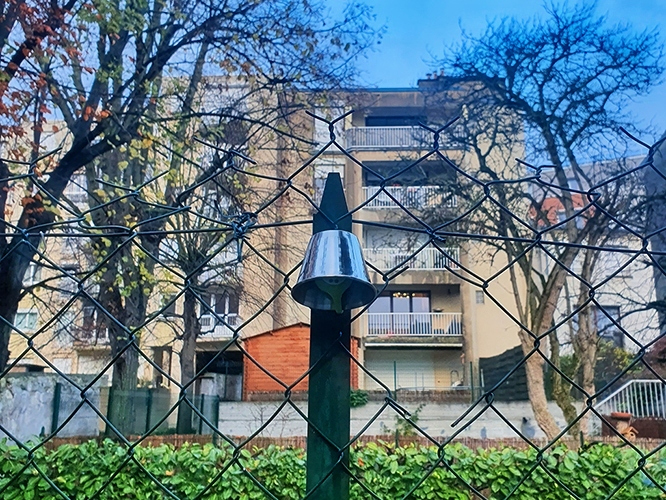
The Result
After completing data analysis—the results of this study were shared with researchers at collaborating academic institutions, as well as colleagues at Moody’s. In a second webinar with Moody’s employees, Earthwatch Environmental Education Manager, Anna Woodroof, and Dr. Pollitt outlined the chemical pollutants that were observed, their sources, and the implications of these findings for public health. Critical to this research are the creation of tools to empower residents to take action to reduce air pollution, both at the individual and local level. While these efforts are ongoing, one particularly valuable resource created by Dr. Pollitt and her team is an interactive dashboard, which provides city-by-city information on the chemicals found in the air, their sources, and exposure and toxicity levels.
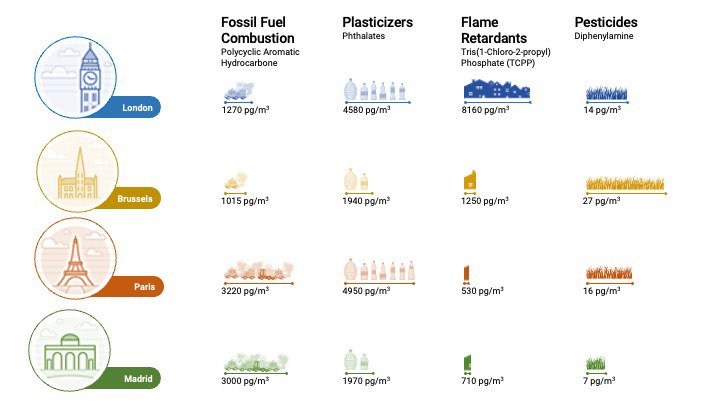
The support from Moody's Foundation has allowed us to build strong partnerships and enabled air quality research to be conducted across Europe to explore local emissions. Findings from this project will lay the foundation for outreach to communities in communicating detected pollutants of concern and developing tailored strategies for mitigating health risks.
— Dr. Krystal Pollitt, Assistant Professor, Yale School of Public Health, and Yale School of Engineering & Applied Science
Sign up for the Earthwatch Newsletter
Stay informed on Earthwatch news and updates by filling out the form below.
.
.
.